As a vegetarian, I get asked a few questions all of the time. My favorite is “how do you get your protein” and the other is “what is meatless meat”. The question about meat alternatives has become a very common one. Especially now that there is an Impossible or Beyond burger in every restaurant and fast-food chain across America. Are these companies just having a few minutes of fame or are meat alternatives the future of meat?
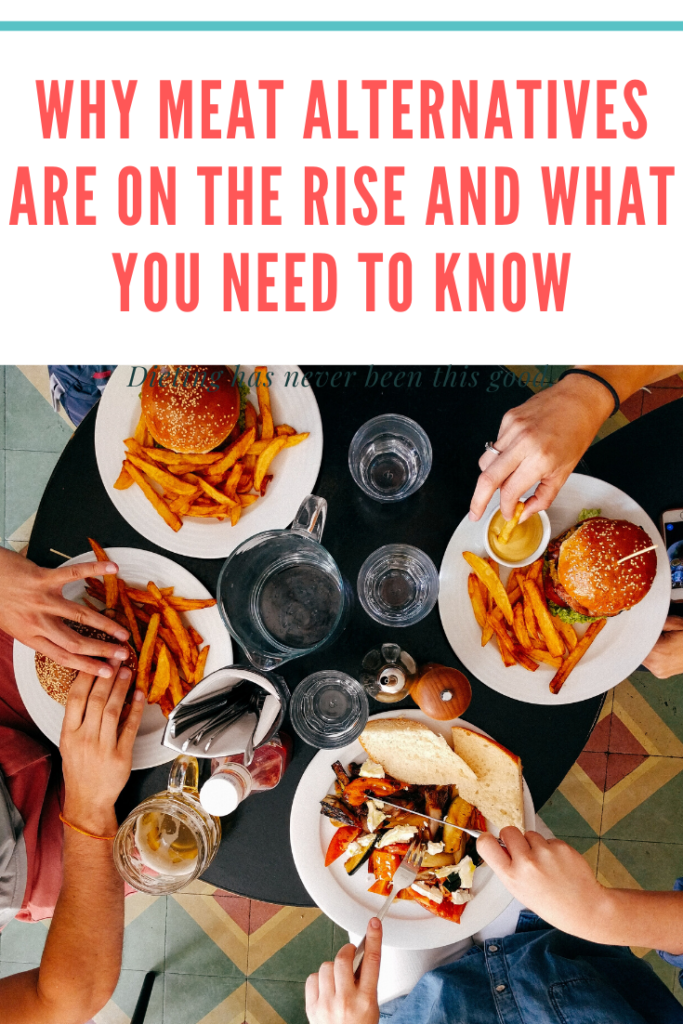
Who are meat alternatives intended for?
Again, as someone who doesn’t consume meat ever, the idea of eating something that has “meat” on the label, tastes like meat and looks like meat does not sound appetizing. But call it a veggie burger, plant patty or even soy, potatoes and beet juice sandwich and I am all about it.
Meatless meat isn’t marketed for people vegans or vegetarians (people who don’t eat meat). Its target is the meat-eater. It’s for people who love and want the taste of meat and not some veggie burger.
They know that hard-core meat-eaters need time to slowly incorporate this option into their diet. Meatless-meat companies know they can’t just come in and tell them to stop eating meat. By making it more appealing to the average carnivore, meatless meat companies will have a better chance of them becoming repeat customers. Some meatless burgers have the appearance of blood (heme) so it looks like it’s bleeding. Heme is a protein found in red meat that Impossible Foods grows from yeast.
Not to say vegans and vegetarians can’t eat it because HECK YEAH they can!
But why meat alternatives for people who have no problem eating the real deal?
Health reasons
While meat alternatives are not considered health food, they don’t contain steroids or antibiotics as most animal meat does. You can also avoid any cancer risk you might get from eating red meat. But overall, meatless meat isn’t packed full of veggies and nutritional value. It’s literally just a meat alternative. On a positive note, you don’t have to worry about food poisoning or contracting mad cow disease!
Better for the environment and Sustainability
Leave it to the non-meat-eater to say meat alternatives are better for the environment but they are! For this reason alone, meat alternatives are not going anywhere. In fact, meat alternatives are simply a look into the future of meat.
75 billion animals are killed for food a year! That adds up like crazy! Americans eat far too much meat per meal. At this rate, we will run out of animals over the next 20 years. The trajectory by 2050 is 455 million tons of meat we will raise, kill and eat.
Totally unsustainable!
Wait… did I just say 75 billion ?!
That means, animals are crammed by the thousands into cages, some die because of diseases while the others are raised by factory farms then killed and sold for food. These factory farms have contributed to a number of problems we are dealing with from health to environmental.
Meatless meat is possibly the only chance we have to change that.
Greenhouse gas is a huge concern at this point. Cows produce a lot of methane. One cow on its own can release between up to 120 kg of Methane per year. There are about 1.5 billion cows and bulls in the world. To put those numbers into perspective, That’s a lot of methane! So the more cattle there are, the thicker the “blanket” around our planet gets.
“Livestock are one of the most significant contributors to today’s most serious environmental problems. Urgent action is required to remedy the situation.”
Henning Steinfeld Cheif pf FAO
Aside from methane, carbon is a huge concern. Cows do not let off this gas but there is a correlation between the two. We see an example of as we deal with the Amazon Rain Forest.
Not to get off topic but this comes back in a circle and is important for you to understand.
Carbon dioxide (another greenhouse gas) in our atmosphere is at its all-time high. Typically, this isn’t a huge problem because as plants and trees grow, they take carbon dioxide from the atmosphere and it turned into sugars through photosynthesis. This is concerning because of recent situations we see like what happened to the Amazon Rain Forest.

As we helplessly watched from afar while the Amazon Rain Forest burned, we couldn’t help but ask “why” but on the other hand think the Amazon is so far from us and we won’t feel the effects.
Not true!
The Amazon forest holds around 90 billion tons of carbon. If there is no forest, all of that carbon ends up in the atmosphere right along with the methane gas. As the levels of greenhouse gases increase in the atmosphere, it will cause our earth to trap in heat and warm-up and will put stress on our environment.
Let’s answer the “why”.
Why did the Amazon go up in flames?
I can tell you it wasn’t an accident…
The animal agricultural industry is the main culprit of the Amazon fires. This isn’t just happening there either. More and more land is needed because we are eating so much so fast and the meat industry is worth a lot of money.
There has to be another more sustainable meat alternative for future generations.
Enters meatless meat…
Over the years, consumers started becoming more concerned with health and sustainability than ever before (I thank millennials for this!)
If you don’t like the idea, you better get used to it. It’s the future and will be here in our lifetime. Well, that and soylent…
I know this doesn’t sound easy or might not even be something you want to entertain but if you do, there are a few easy ways you can help this crisis.
- Meatless Monday-Try eliminating meat from your diet on Mondays.
- Become a part-time vegetarian-Try only eating meat during the week and take a break on the weekends.
- Chose meat alternatives as much as you can-If you are at a restaurant and there is a meat alternative available, try it!
I know I got on a rant throughout this post. I really wasn’t trying to but the more research I did, the more all of this started making sense to me and I hope I did a good job relating this information to you.
Just a couple more important things to remember when ditching animal protein. There are a few important vitamins and nutrients we can only get from consuming animals. You will need to find a way to supplement them.
Here is what you will need.
Vitamin B12
Vitamin B12 a B-complex vitamin that is only found in animal products like eggs, cheese, milk, and meat. Vitamin B12 is important to assist with your metabolism and helps the body produce red blood cells. B12 deficiencies could cause major mental and physical health concerns.
Just to show how vital this is, I want to quickly show a list of benefits we get from vitamin B12:
- Could prevent birth defects
- B12 Supports bone health
- Prevents anemia
- Reduces the risk of Macular Degeneration
- Improves mood and depression symptoms
- Brain benefits
- Boost your energy level
- Improves heart health
- Supports the growth of healthy skin, nails, and hair
Needless to say, if you live a vegetarian/vegan/plant-based lifestyle, you need to find a way to supplement your vitamin B12.
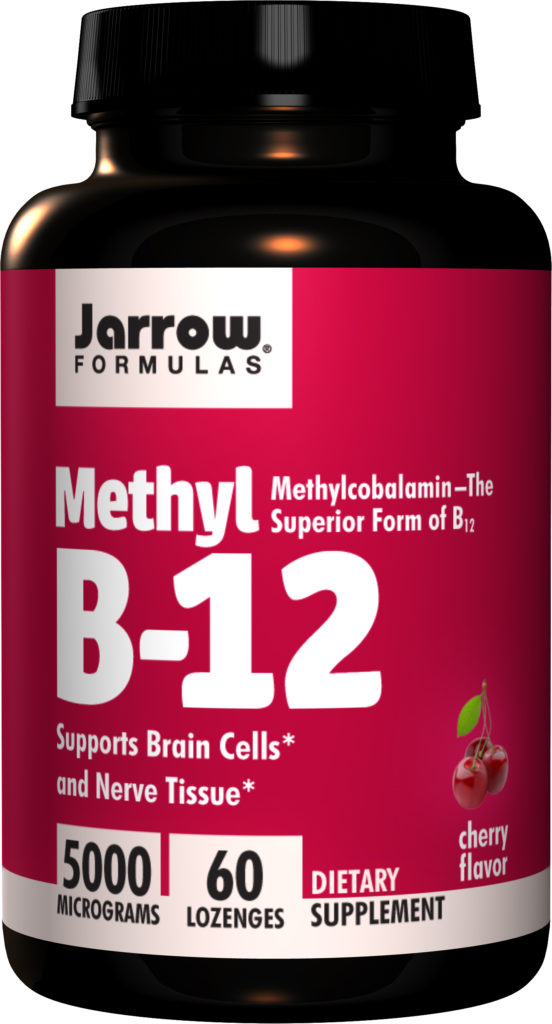
Iron
Red meat and eggs are a great source of iron. We need iron to carry oxygen throughout our bloodstream to all the cells in your body. Anemia is the result of an iron deficiency. It causes you to feel fatigued because you are not getting enough oxygen in your bloodstream.
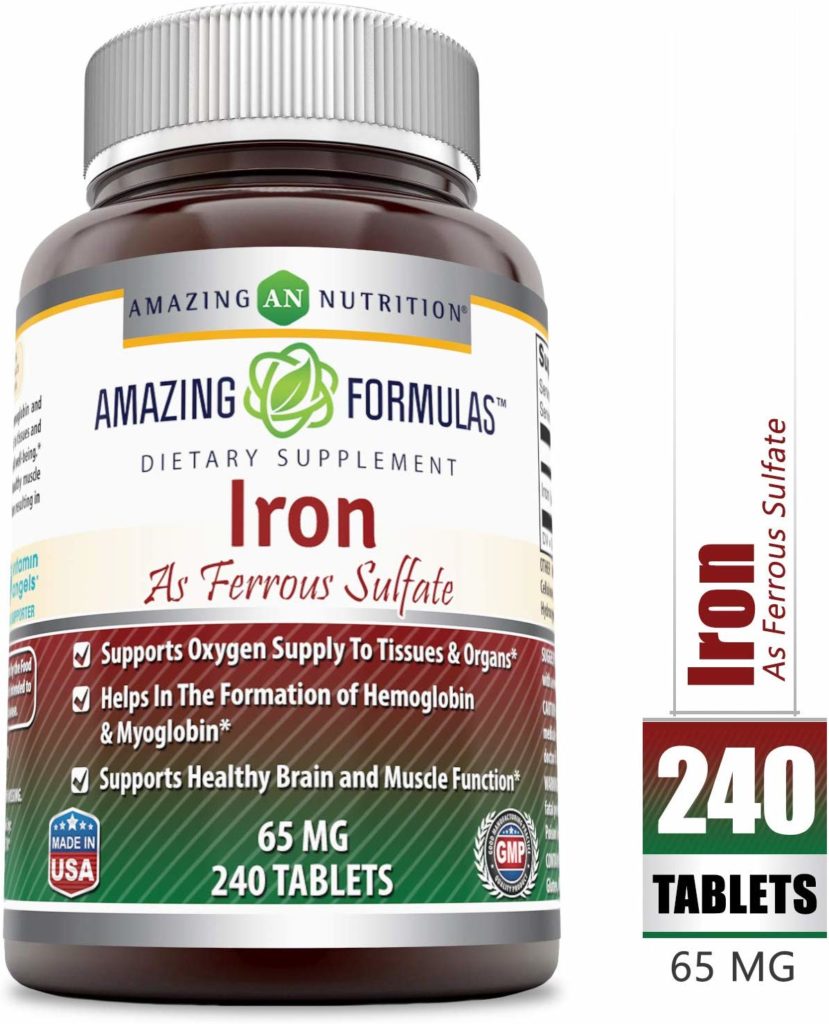
CHECK OUT THIS IRON SUPPLEMENT ON AMAZON
Protein
Protein is the main thing people associate with when thinking about meat. If all you are doing is substituting animal meat for a meat alternative, you should still be okay since they provide a good amount of plant-based protein. If you are making a change and cutting meat out altogether, finding an alternative protein source is very important. Most plant sources of protein are incomplete by themselves, meaning they don’t contain all of the essential amino acids. Hemp protein is a great plant-based protein source that is considered complete so you get all of the fiber, amino acids and is high in protein.
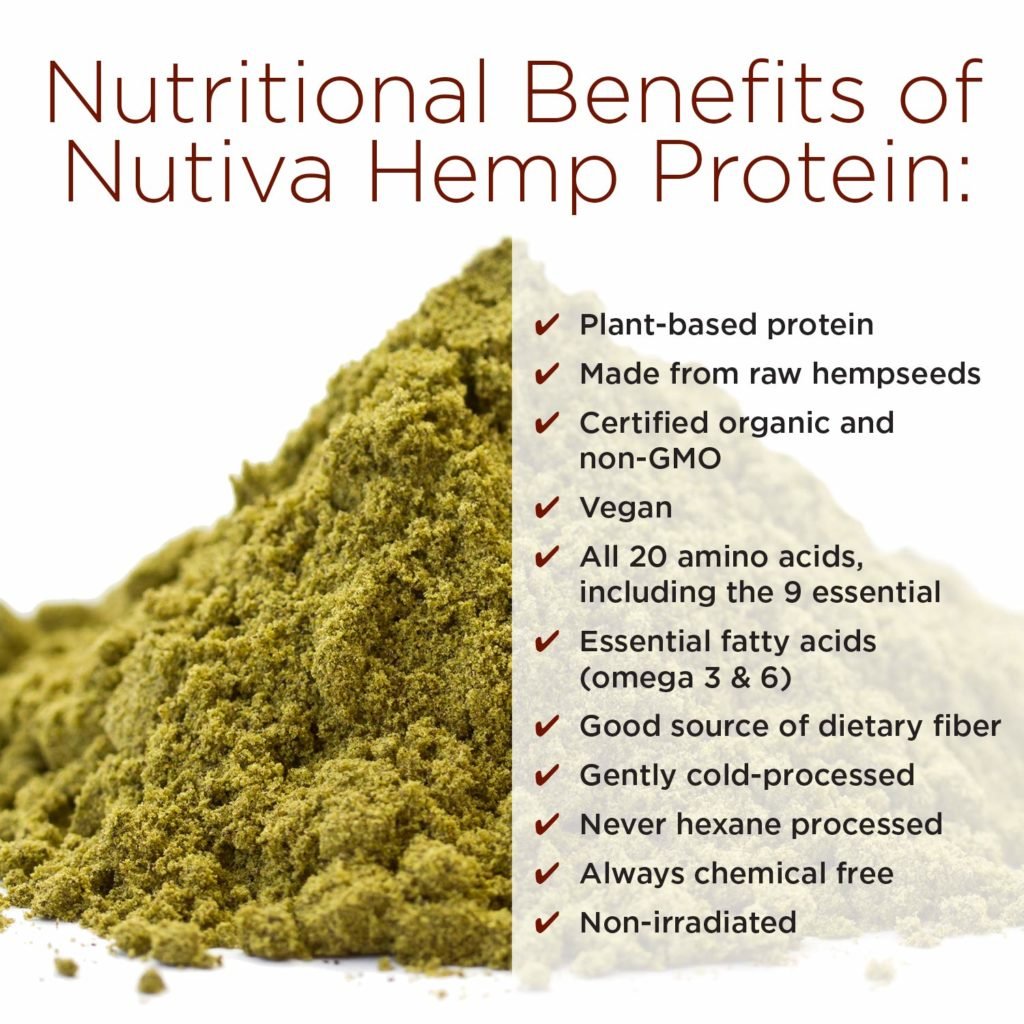
CHECK OUT NUTIVA HEMP PROTEIN ON AMAZON
As always, at the end of the day, just look for ways to make small changed to your current lifestyle that can help you live your healthiest and best life possible.
JOIN OUR FREE COMMUNITY! This community was intentionally created to provide the resources you need to achieve and maintain optimal health.
Here at Optimized Life, we wanted to create a place for you to share and receive information on how to live your healthiest and best life possible by making small changes to your current lifestyle
Thanks for reading!
Supplement Disclosures
In general, vitamins are safe for people to use, though you should always check with your doctor before beginning a new supplement. Some vitamins can be dangerous for people with weakened immune systems, which can occur due to long-term use of corticosteroids, an HIV/AIDS infection or organ transplants.
You may also need to avoid some supplements if you have an artificial heart valve; in rare cases, these bacteria can infect your heart muscle, and patients with artificial valves have an increased risk of this complication.
FDA Compliance
The information on this website has not been evaluated by the Food & Drug Administration or any other medical body. We do not aim to diagnose, treat, cure or prevent any illness or disease. Information is shared for educational purposes only. You must consult your doctor before acting on any content on this website, especially if you are pregnant, nursing, taking medication, or have a medical condition.

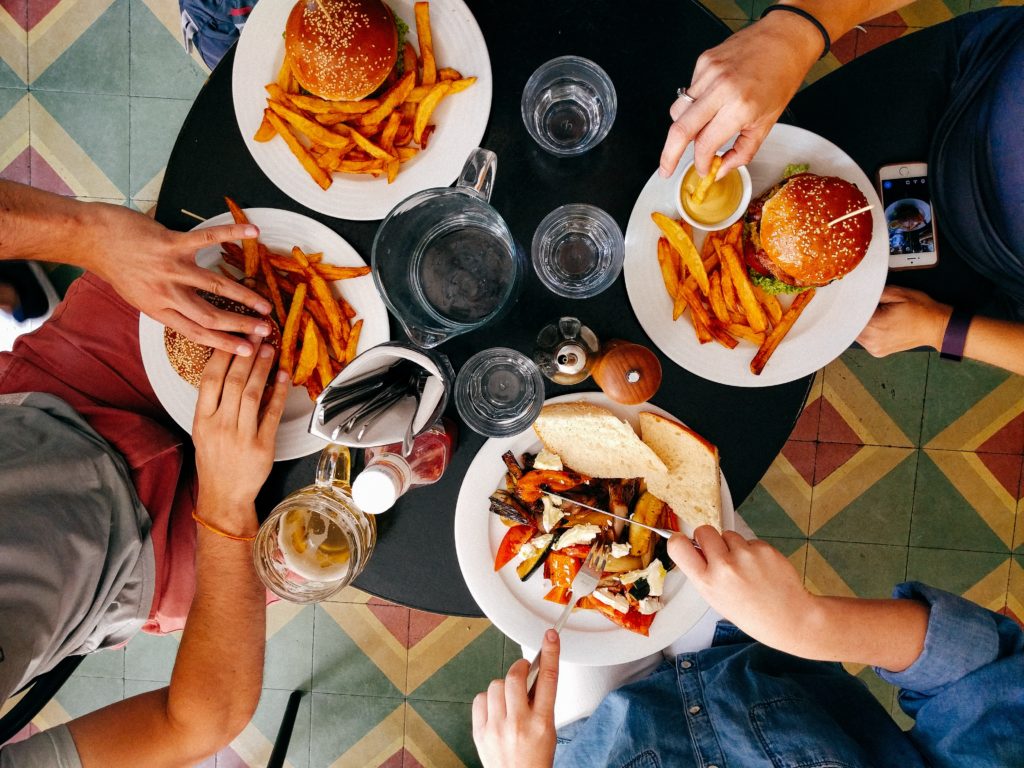
![Spring 2022 DIY Backyard Makeover On A Budget [Using What You Have To Get The Look You Want]](https://www.optimizedlife.com/wp-content/webpc-passthru.php?src=https://www.optimizedlife.com/wp-content/uploads/2020/04/IMG-2175-370x245.jpg&nocache=1)


![Best DIY Plant Based Milk Maker [Almond Cow] almond cow](https://www.optimizedlife.com/wp-content/webpc-passthru.php?src=https://www.optimizedlife.com/wp-content/uploads/2020/06/Almond-Cow-Starter-Set_545x-370x245.png&nocache=1)
24 Comments
I’ve considered cutting out meat for health reasons. I think I’ll take your advice and do it part time at first and see how I like it! This is great information!
Thats awesome Mellissa! Please let me know if you have any questions moving forward! OPtimized Life will be happy to help!
I’ve always been intrigued with the idea of going meatless. I’ve been meaning to give it a try — even for a Meatless Monday with the family. I couldn’t agree more on the need to preserve our environment.
Awesome! I would love to hear back from you in a few months to see how its going!
This is a great article for anyone wanting to know about going meatless. My husband and I recently watching The Game Changer on Netflix and it was very eye opening as to how unhealthy meat consumption is. Great information!
So good to know the benefits of going meatless. There are so many alternatives now to get your B12, Iron, protein etc, through supplements, going meatless sounds like a convenient option now. Thanks for the great article.
We eat vegetarian at our house, I have always known that it was better for the environment, but it was great to read the reinforcing reasons that it is.
Same here! Its helps to be more intentional when you know why you are doing something.
“Again, as someone who doesn’t consume meat ever, the idea of eating something that has “meat” on the label, tastes like meat and looks like meat does not sound appetizing.”
YES!!! I have NO DESIRE to eat anything that tastes like meat or looks like meat.
Thanks for helping others understand!! 🙂
LOL I knew you would understand that sentence!!
I appreciate you sharing your research and life experience! I do agree that factory farming is doing absolutely nothing positive for our planet. On the other hand, I do believe that if people purchase meat from an animal that has been treated in an ethical way that actually will improve the state of our planet as a whole. It is a very tricky topic, that has so many layers to be addressed!
Great post. We do meatless Monday here! My husband isn’t too crazy about it. Next week, I’m doing cauliflower wings!
I have tried a meatless burger and it was pretty good. Thank you for sharing!
I love the focus on sustainability. Meat eater or not, that’s so important, and it’s great that there are tangible ways to make a difference!
We have cut meat down to just a few times a week, totally doable for us!
It might be an in-thing for now, but I think there’s not enough interest or understanding to make it go long term. It seems to have already reached peak interest here in Canada. Meatless products were offered in restaurants and stores and after initial interest, it’s already on the way down as a trend.
Great post! We haven’t tried any of the meat alternatives yet but I know we should reduce our meat intake. Not just for our health but for the environment as well.
I totally can relate! Thank you for reading!
Thank you for sharing! I rarely eat meat but I definitely find it hard to commit to being a vegetarian full time. Although the impact on the environment is huge, which may sway me in the futureaa
I totally can relate! Thank you for reading!
Thanks so much!
Great info! I have cut out meats a few times before and may do it again at some point. I like your info about supplements.
What an informative post. My mouth dropped open when I saw 75 billion animals are killed. The imagery of that is hard to swallow. I learned so much reading through this!
This was a very interesting read